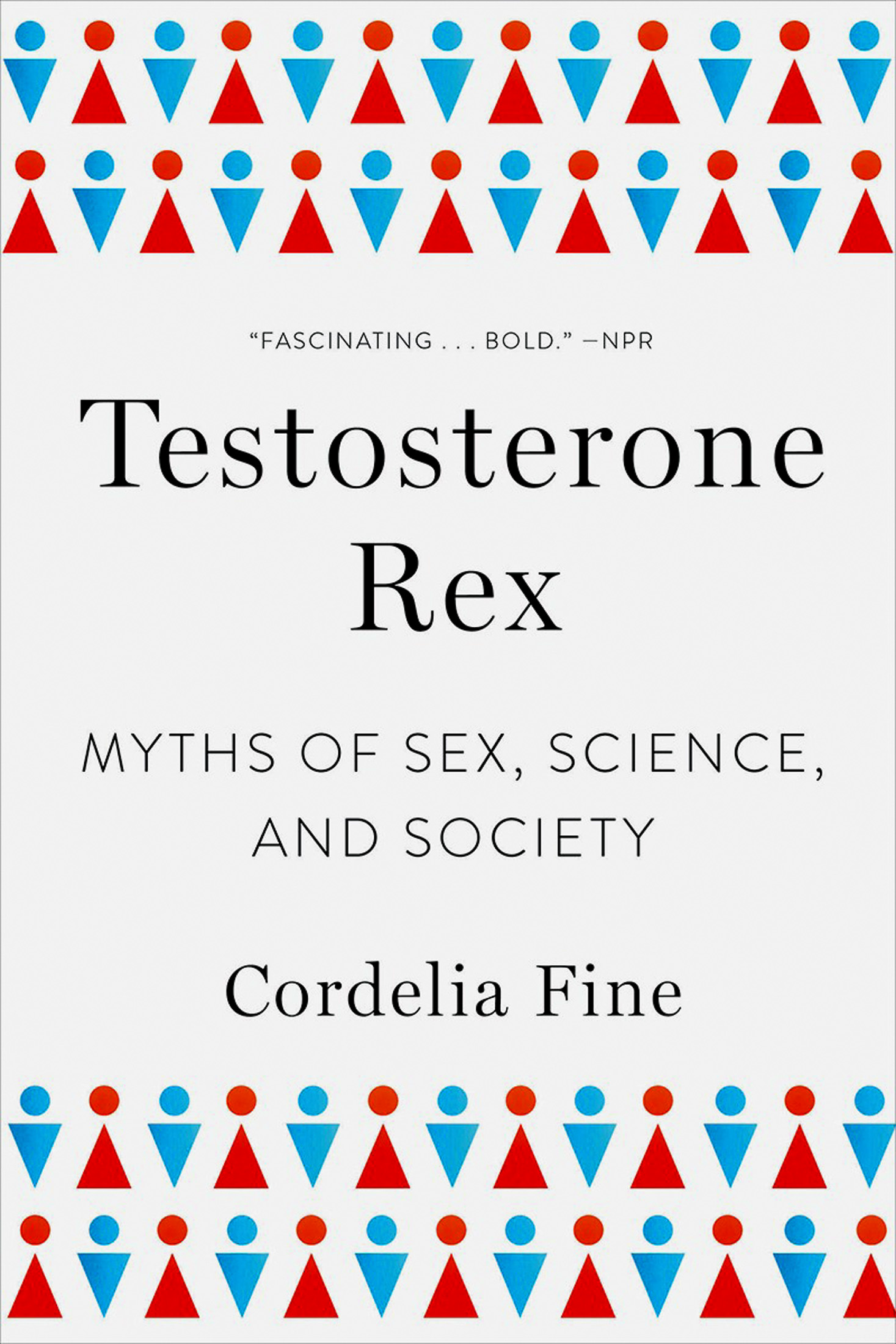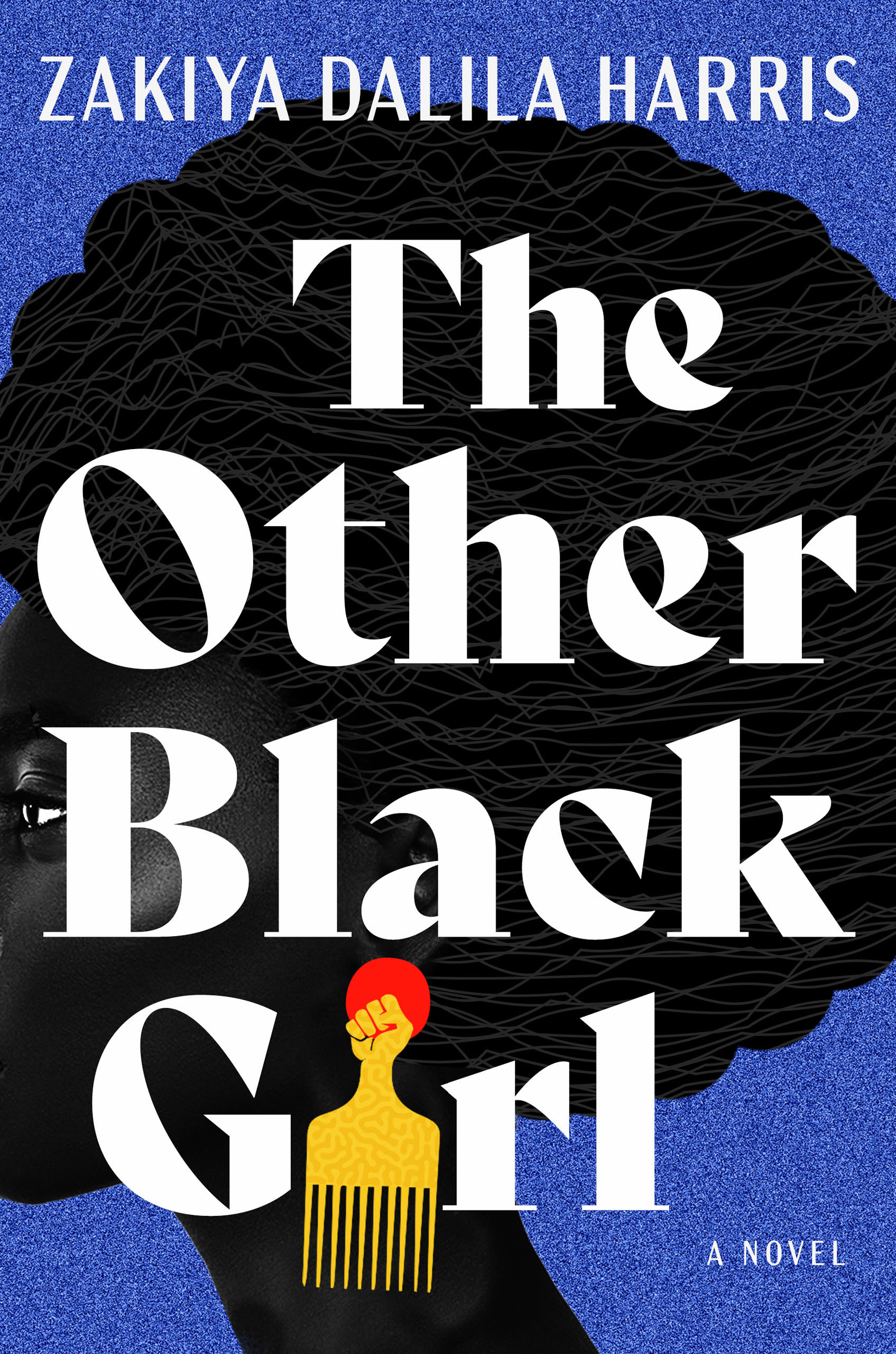Winter Book Reviews
Just our type.

Photo by Richard Avedon, courtesy of ECCO.
 Sontag: Her Life and Work by Benjamin Moser
Sontag: Her Life and Work by Benjamin Moser
Benjamin Moser’s biography, Sontag: Her Life and Work, is a massive achievement of detailed research and elegant prose.
Susan Sontag’s life story is one of self-transformation, self-invention, and self-transcendence. With an alcoholic mother, a father dead too early, and a stepfather who discouraged intellectual pursuits, she knew that her future was in her hands. Berkeley, the University of Chicago, Harvard, and then Oxford—each institution outdid the last in her own estimation as stultifying—a judgement having as much to do with her private life as it does with sexist institutions. Sontag had been in a private battle with her own sexuality from a young age, veering between shame, guilt, liberation, eros, and self-control. That didn’t change in the last years of her life, during her (not very stable) relationship with the photographer Annie Leibovitz.
Sontag’s essays, fiction, activism, criticism, and image—all have a profound effect on people. I remember the rattling mental convulsions I experienced on first reading Against Interpretation. I hope this biography brings another generation to her work.

If you missed Cordelia Fine’s Delu-sions of Gender, you can jump into the seismic changes she’s causing with Testosterone Rex: Myths of Sex, Science, and Society. Fine’s work functions as a corrective to the narrow-lensed and sexist interpretations of scientific “studies” packaged as comforting explanations of behavioural difference between the sexes.
“Boys are aggressive at that age.” “Women are more naturally empathetic.” It’s all unnecessary sexism masquerading as science. As Fine demonstrates with a searing wit, forensic analysis, interdisciplinary perspectives, and up-to-the-minute research, the ubiquitous picture of man-brain and woman-brain is simply unfounded—and deeply harmful.
Fine is not a denier of the evidence of difference in the brains of men and women; she’s dismantling the reductionist interpretations of those differences as having direct effects on human behaviour, aptitudes, or abilities. She quotes neuroscientist Daphna Joel: “A neuroscientist certainly might be able to correctly guess your sex from your brain, but she wouldn’t be able to guess the structure of your brain from your sex.”
________
Never miss a story. Sign up for NUVO’s weekly newsletter here.








